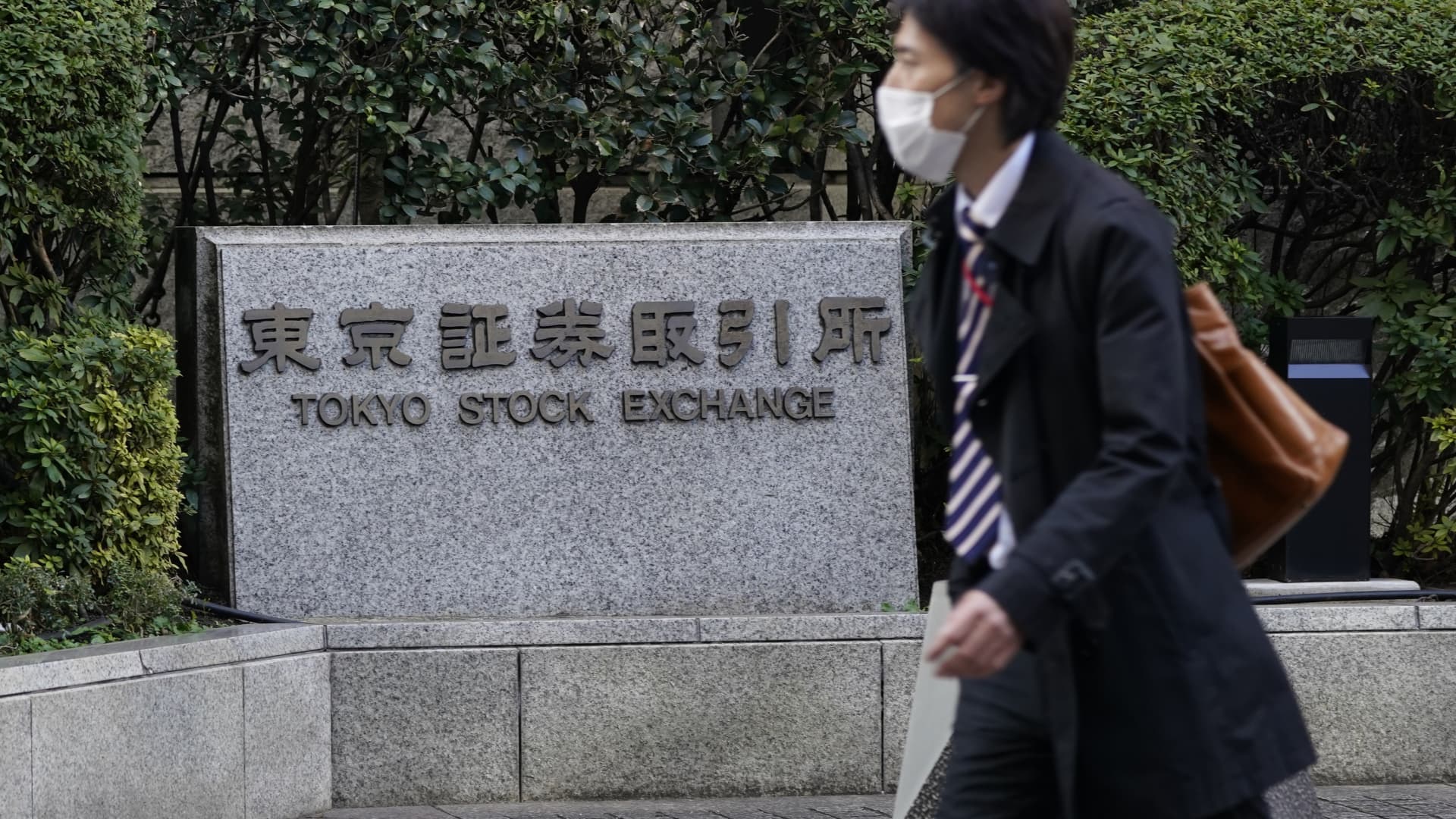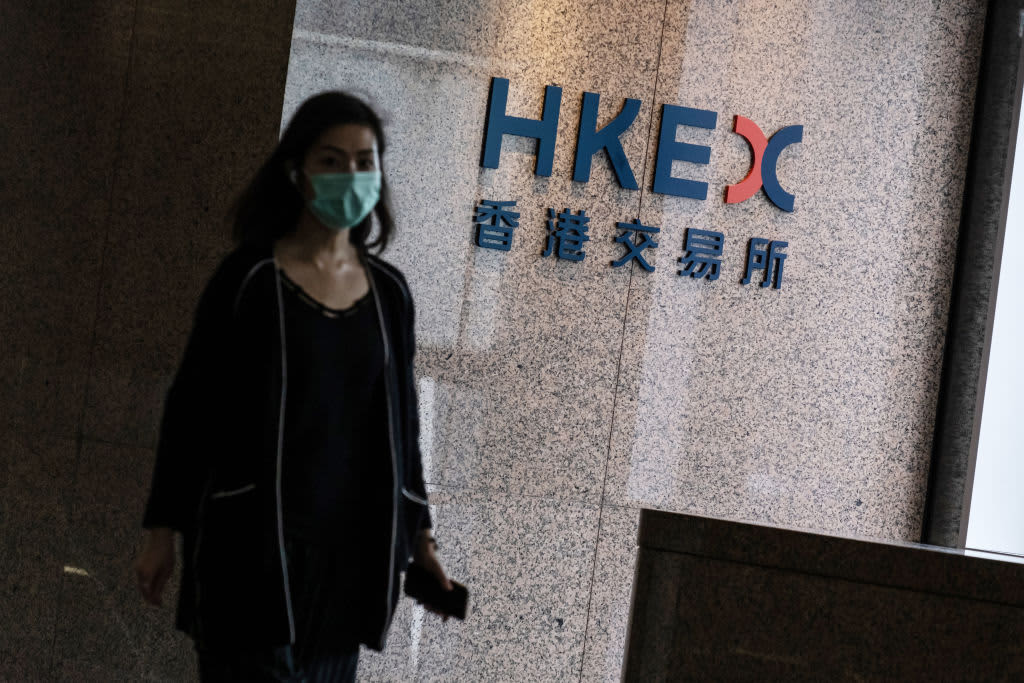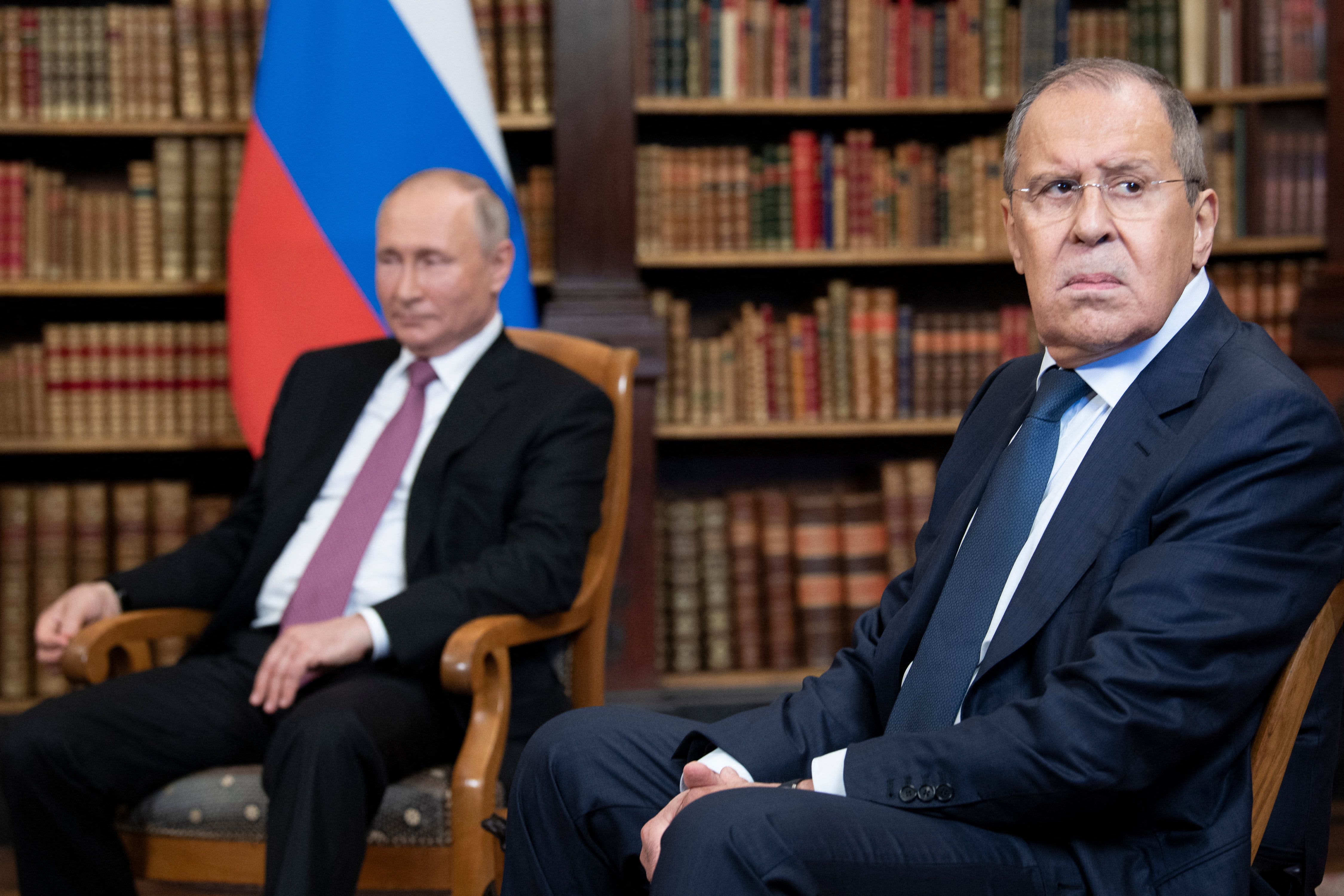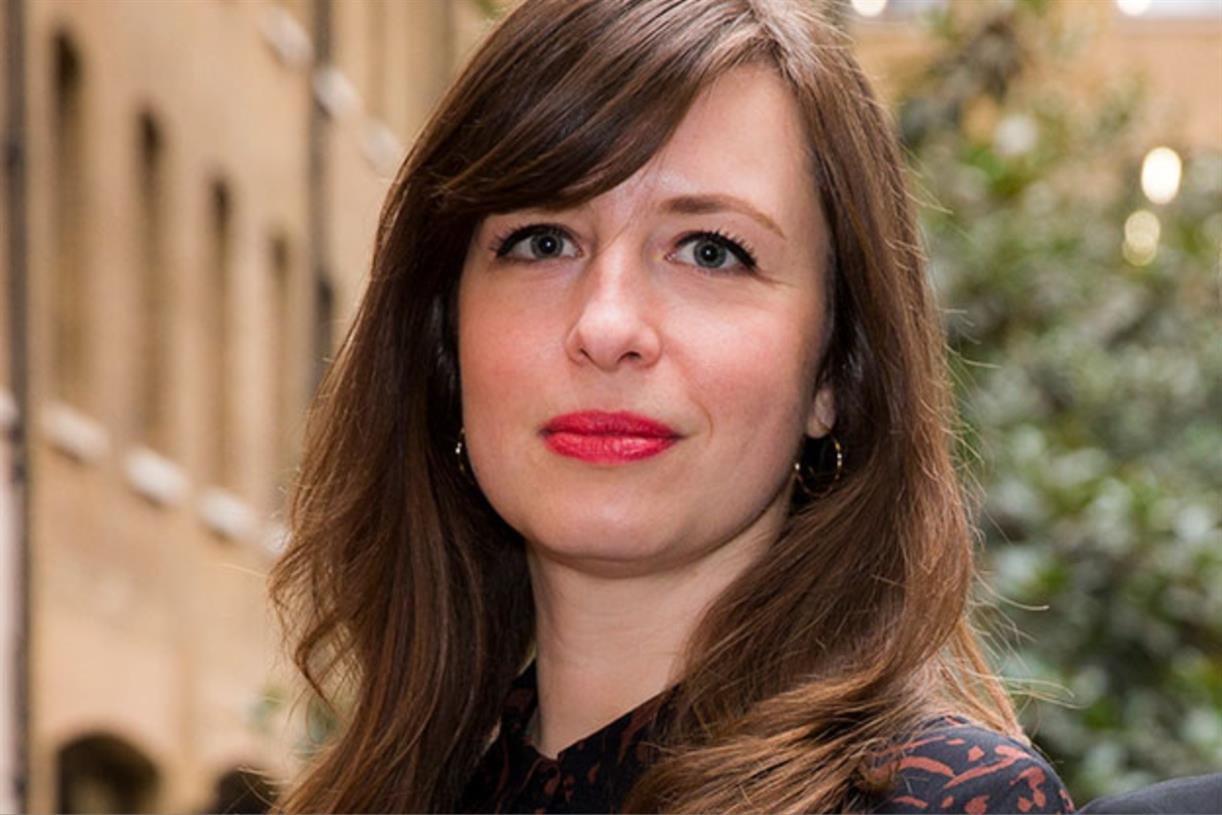Crypto cash flows into midterm elections as the industry flexes its political clout
Primary elections in Ohio could be early test of industry's influence

This year's midterm elections aren't just about red versus blue. Crypto investors are trying to turn politics orange.
That's the color adopted by bitcoin's most ardent supporters, who have driven an influx of cash into campaigns across the country.
Sam Bankman-Fried, CEO of crypto exchange FTX, is the primary force behind the political action committee Protect Our Future. The group has raised $14 million — most of it from the billionaire Bankman-Fried — and could tip the scales in House races in Ohio and Oregon.
Other FTX executives are involved in GMI PAC, which has already brought in $6 million and plans to spend $20 million this cycle. HODLpac, which reported nearly $230,000 in contributions, rates candidates' credibility on issues important to crypto investors.
Elections are a new arena for an industry built on distrust of government and decentralized control. But the battle over the federal infrastructure bill last summer — which included new IRS reporting requirements for the industry — galvanized crypto executives and enthusiasts alike. The industry quickly built up its lobbying machine on Capitol Hill, and it hopes to harness that same energy for the elections.
"The crypto industry is proud to support elected officials who believe in the true potential of the crypto economy in the U.S.," said Kristin Smith, executive director of the Blockchain Association, a crypto trade group. "And we're not shy, as an industry, to say and support what we value, and that includes political giving."
Pedestrians walk past a display of cryptocurrency Bitcoin on February 15, 2022 in Hong Kong, China.
Anthony Kwan | Getty Images
The primary election in Ohio on Tuesday will be one of the first tests of the industry's influence. State Treasurer Josh Mandel is one of the leading contenders for the open Senate seat — and a strident bitcoin supporter.
Last year, he sold his stocks and instead put the money into cryptocurrency. He has a five-star rating from HODLpac and spoke at a massive bitcoin conference in Miami last month.
"Ohio must be a pro-God, pro-family, pro-bitcoin state," he tweeted in December. "I promise we will be."
Mandel is one of the four upstart candidates — two Republicans and two Democrats across the country — endorsed by the Financial Freedom PAC, which launched earlier this month. The PAC focuses exclusively on bitcoin and is on track to raise at least $1 million by the end of the cycle.
"We're very passionate groups of people — people who were frankly disaffected by politics and by the government and by existing institutions," said Grant McCarty, one of the group's founders. "We want them to realize that if they use their voice — if they play in D.C. in this way — that we can actually get politicians to represent their interests."
Big money is also flowing into the matchup between incumbent Rep. Shontel Brown, D-Ohio, and progressive challenger Nina Turner. The two faced off last year in a special election for the Cleveland-area 11th District that ended with Brown capturing 50.2 percent of the vote, 6 percentage points more than Turner.
This year, Protect Our Future is bolstering Brown's bid with more than $1 million in radio, digital and TV ads — a windfall for a candidate whose campaign has raised $4 million.
Turner responded to the outside spending in a tweet: "See, there is a clear difference in this race. One of the candidates in this primary is for sale. I am not for sale. Cleveland is not for sale."
Brown spokesperson Darryle Torbert emphasized that the campaign is not affiliated with Protect Our Future, but said Brown is monitoring the White House's moves on crypto policy.
"Commonsense regulation of the cryptocurrency market would not only help to better protect consumers but also bring greater stability and certainty to the market, allowing it to continue to grow in the years to come," he said.
Protect Our Future is also plowing money into the congressional race in Oregon's 6th District. The PAC has spent more than $7 million on behalf of Democratic candidate Carrick Flynn, according to federal elections filings. The group has said its support is based on his expertise in pandemic preparedness rather than his stance on crypto.
Still, the money has generated enough momentum that establishment players such as the House Majority PAC — an outside group affiliated with and supportive of House Democrats — are now backing his run, as well.
Crypto industry lines up against its critics
The crypto community is not just boosting its supporters. It is also going after politicians who criticize the industry. Rep. Brad Sherman, D-Calif., is one of the top targets.
He has compared crypto to the subprime mortgages that led to the 2008 financial crisis. He recently sponsored a bill with Sen. Elizabeth Warren, D-Mass., that would curb the use of cryptocurrencies to prevent the evasion of sanctions on Russia.
"All the money and power is on the other side. You don't have a PAC. You don't have gangs of lobbyists," he told a top Treasury official during a congressional hearing in February.
"What you do have is the credibility of knowing that the Treasury Department and your affiliated agencies are putting the national interest over the pecuniary interest of certain investors," he added, in discussing efforts to stop the use of crypto to get around sanctions.
In response, Financial Freedom PAC is endorsing one of his primary challengers, Aarika Rhodes, in a longshot bid to unseat the 13-term congressperson. Rhodes is an elementary school teacher who believes bitcoin can help to democratize the financial system.
Earlier this year, she hosted a conversation on Twitter with the social media company's former CEO and crypto advocate Jack Dorsey.
It's an uphill battle, but McCarty said electing just one bitcoin advocate to Congress this November would be a win — and enough to generate momentum for the years to come.
"This is not a short-term game for us. The fight for Bitcoin is going to be a marathon, not a sprint. 2022 is just the beginning," he said. "In 2024, I truly think we're going to see an orange wave on Washington."

 Tfoso
Tfoso 































